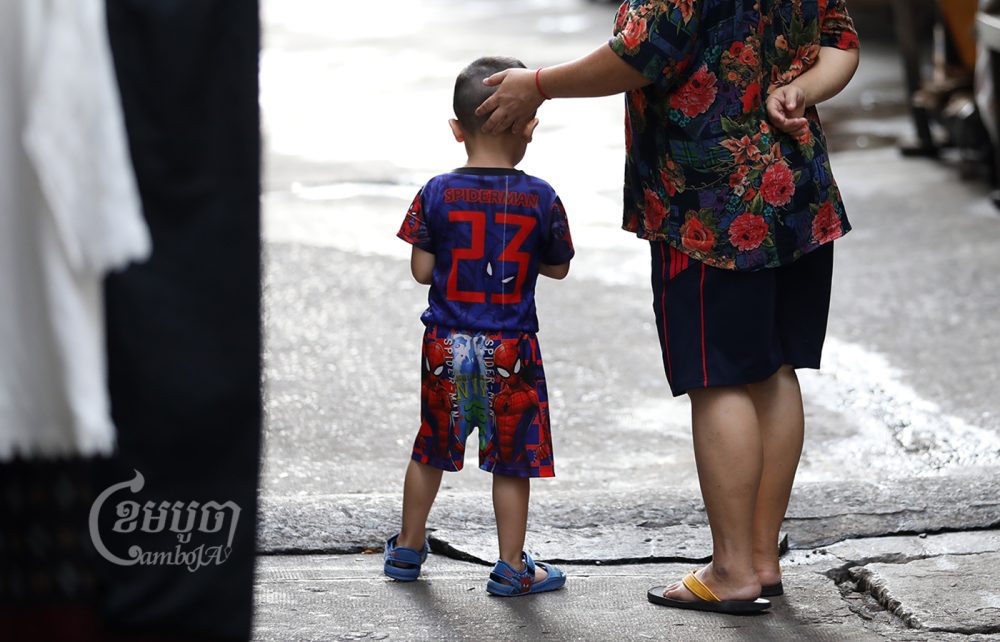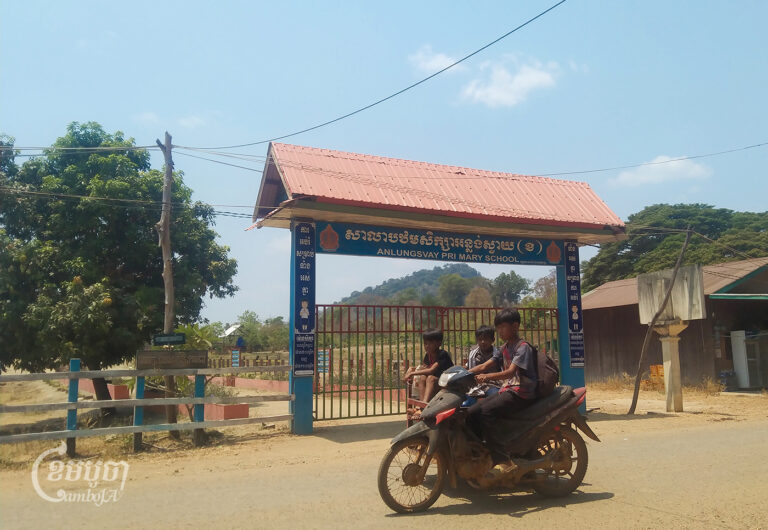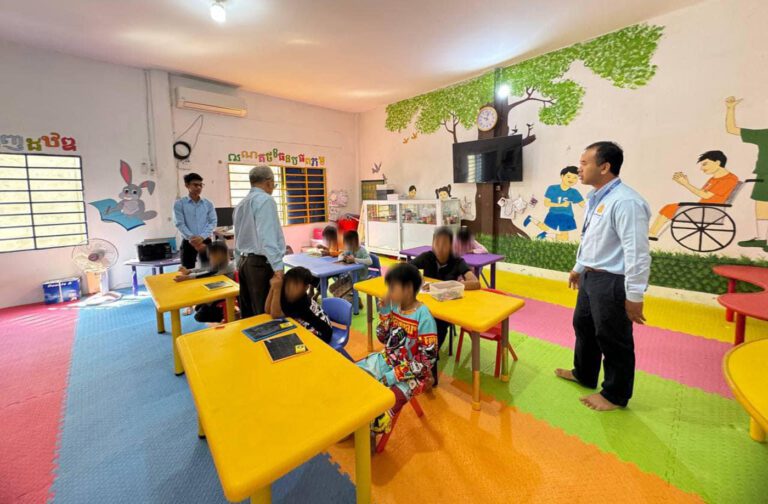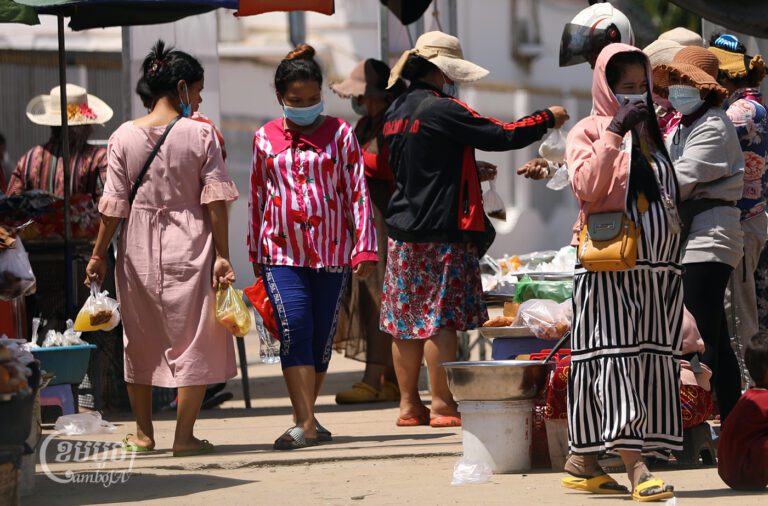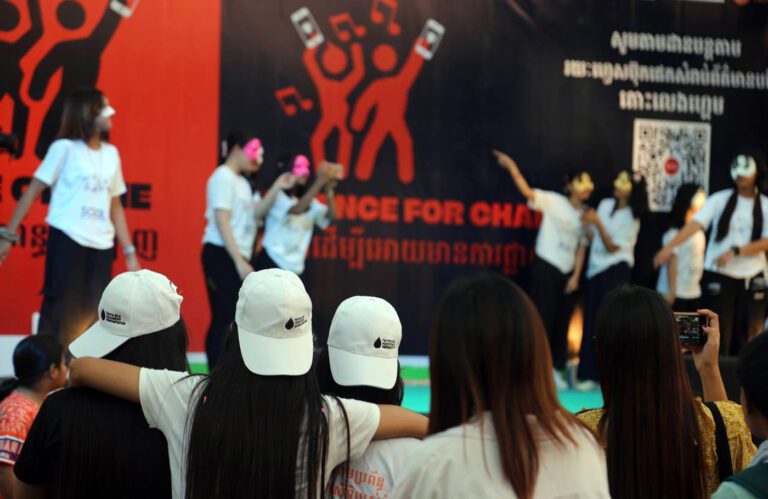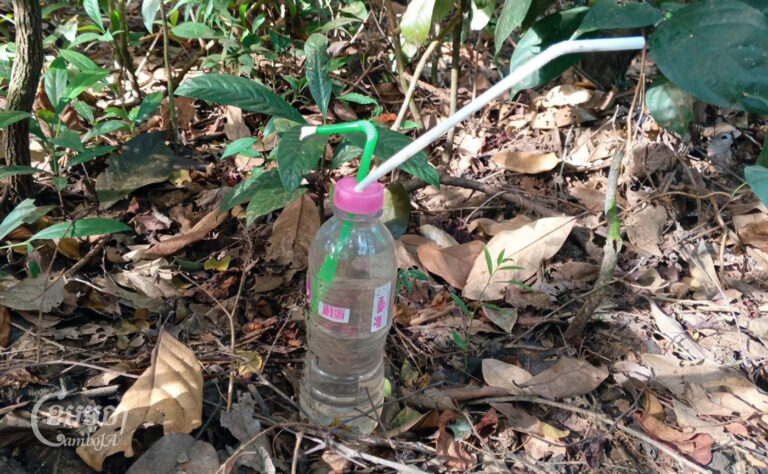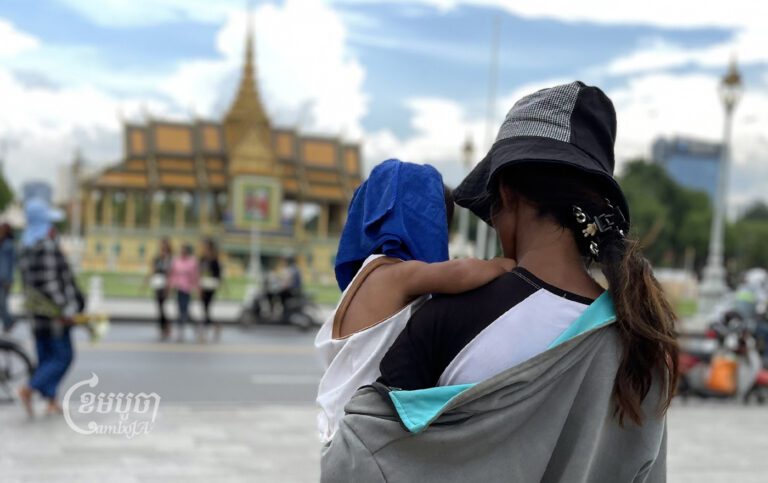Nearly half of Cambodian children aged 1 to 14 years old are disciplined in their homes using physical violence, a new government study says, with social norms remaining a key factor in why adults hit their kids.
The survey, released last week by the Health Ministry and National Institute of Statistics, says 43% of children aged 1 to 14 years are disciplined with physical violence at home, with 5% experiencing severe physical violence, like hitting the child on the face or head.
Two-thirds of children had experienced a violent discipline method, physical or otherwise, according to the report. Three in five children experienced psychological aggression, such as adults shouting at the child or calling them names, it said.
Boys and children living in rural areas were more likely to experience physical punishment and psychological aggression than girls and children living in urban areas.
Researchers asked members of some 21,000 households across the country from September 2021 to February 2022 about the discipline methods used with their children in the month before they were interviewed.
“Violence against children has a devastating impact which doesn’t just blight individual lives but can damage whole communities and future generations,” Foroogh Foyouzat, UNICEF’s representative in Cambodia, said in a statement. “This evaluation shows progress in certain areas, but there is still much more to be done.”
In 2013, a national survey said 50% of children had experienced physical violence, showing a slight decline over the nearly 10-year period, said the statement released Friday.
To safeguard children and end the cycle of violence that plagues many families, Foyouzat said Cambodia should finalize a child protection law and increase investment in social welfare workers and prevention programs.
Phi No, director of the Social Affairs Ministry’s department of child protection, said social norms remain a crucial factor in Cambodians’ use of violence to discipline children.
‘’Parents, as well as educators, often teach young children by speaking loudly to them and sometimes using physical violence,” he said. ‘’This is because they got used to this culture or habit when they were children themselves and it somehow influenced their mindset that violent punishment can help guide their children to walk the right way and be well-behaved.”
No said it may take a long time to change the behavior of parents and educators so they do not use physical violence and instead use positive disciplinary methods.
‘’However, physical violence against children in families has drastically decreased in the last five years,” he said.
Hoeur Sethul, a psychologist and president of the Cambodia Association for Counselors and Psychologists, said all forms of violence are not educational, but verbal and physical abuse. But in Cambodia, people still confuse and normalize physical punishment, he said.
Consequences of physical and verbal abuse of young children include social anxiety, depression and low self-esteem, Sethul said.
‘’It is a big concern in our society. But people do not see the thing as it is. I feel so sorry about that because even educators do not see that,” he said.


